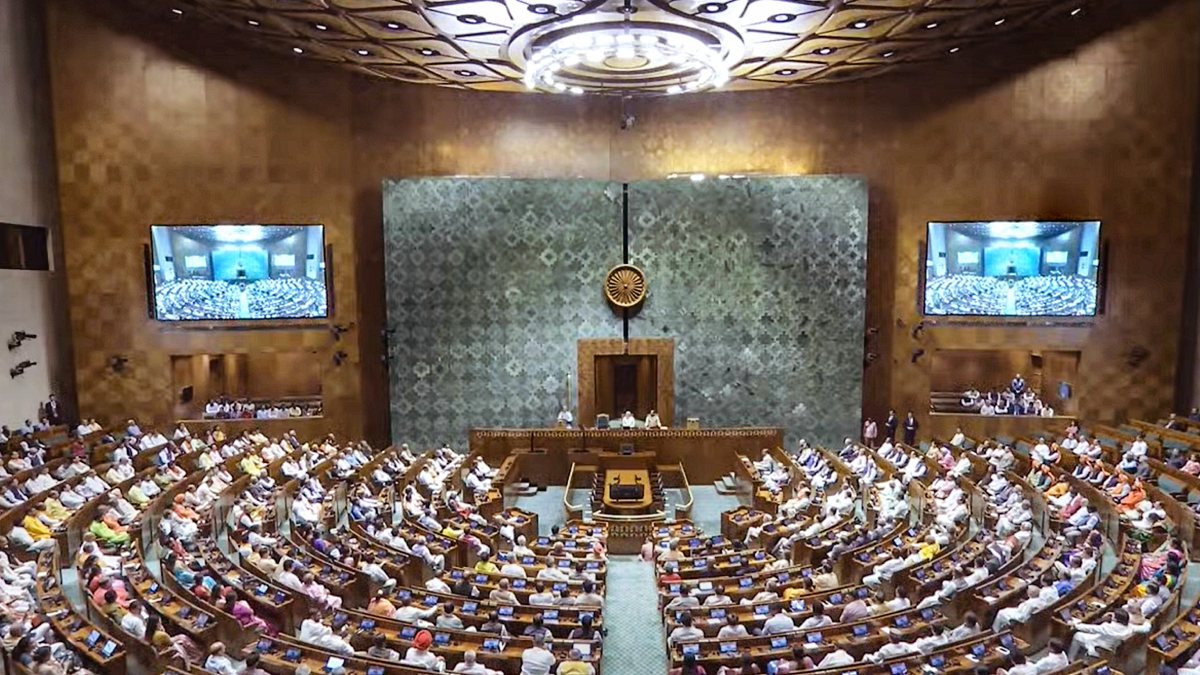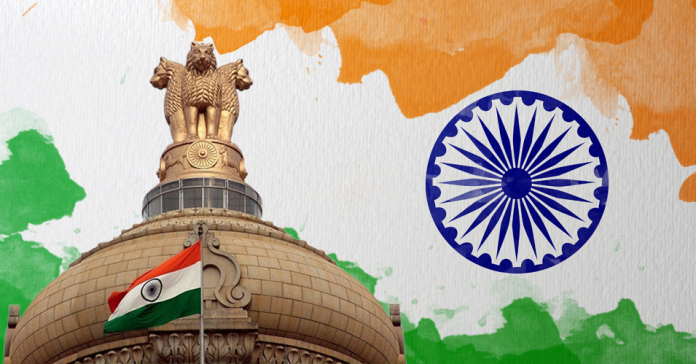- In India, the gubernatorial positions are always in the news headlines for all the wrong reasons. Why? As you are aware, the Union Government, upon assuming office, either recalls the previous gubernatorial appointments or appoints new incumbents to the states where it is in power or not. Most of the appointments to the states where the opposition party is in power often tend to ignite conflicts between the governor and the government, leading to a standstill vis-à-vis the passage of bills passed by the state legislature. Recollect how a couple of decades back, the Union Government pulled the plug on the state government under the guise of Article 356 imposing governor’s rule. Those days of using controversial Article 356 have subsided considerably now.

PC: IndiaAI
- Ever since the incumbent Union Government assumed office, some of the opposition states have witnessed conflicts between the governors and the state government over the passage of bills, leading to crises of sorts. The Supreme Court recently had to step in to address the issue of blocking bills with detailed guidelines. However, the Vice President’s recent comments on SC strayed far beyond the propriety demanded of those who hold largely ceremonial offices. Of course, it wasn’t the first time VP’s comments were at odds with the remit and decorum of his constitutional office, but what he said recently was perhaps the most regrettable for sure. The proximate reason for VP’s ire seemed to be the SC’s judgment on governors.

PC: LiveLaw
- Notably, he described the top court as the super Parliament. Further, he said judges have absolutely no accountability because the law of the land does not apply to them. But it’s when he said Article 142 of the Constitution – this gives SC special powers, which it invoked to decide on the Ravi vs TN govt case was a nuclear missile against democratic forces, available to the judiciary 24×7, that he most noticeably departed from norms that guide those holding largely ceremonial constitutional posts. That he made all these remarks at a Rajya Sabha internship programme’s valedictory event is the bitter icing on a very unappetizing cake. Before VP’s comments in more detail, it’s necessary to restate certain things.

PC: SabrangIndia
- The VP post, aside from the job as presiding officer of the Upper House, is a ceremonial one. Therefore, a VP has no locus standi when it comes to matters of policy, politics, and judicial verdicts. That means all news consumers must realise no matter what any VP says on any current affairs issue, his post means comments must be discounted entirely. Similar constraints apply to those holding the job of president and governor. The VP also pushed for an amendment to Article 145(3), which deals with the composition of SC benches that decide questions of constitutional law. This is extraordinary coming from a constitutional post holder critiquing a constitutional provision. Exercising more restraint would do no harm in upholding the propriety of the VP’s office.






